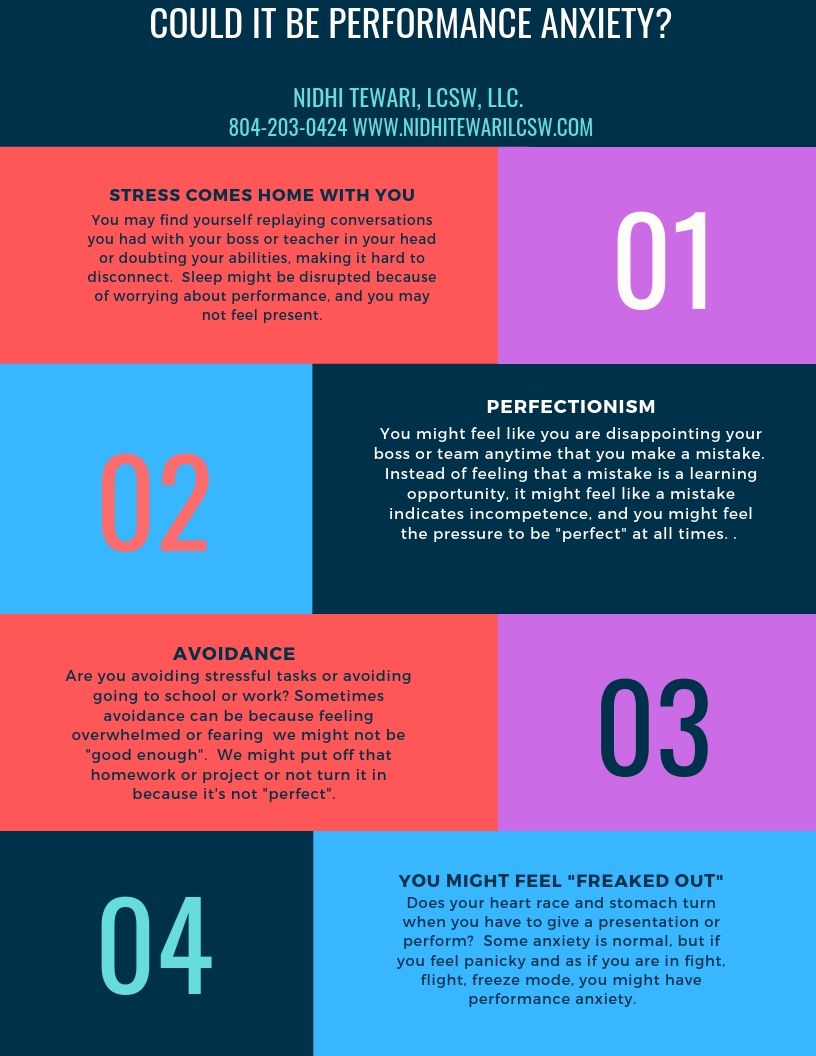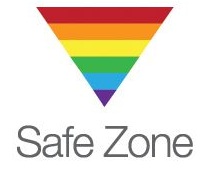Trauma sounds like a scary word reserved for the worst of the worst situations. We hear it and instantly think that you had to have survived war or had to have endured being tortured by someone. We picture the people impacted by Hurricane Katrina years ago, many of whom lost everything they ever owned or knew. And while, yes, these are examples of some of the most intense, complex traumas, trauma can be other disturbing experiences that impact your sense of control, and shift your perception of the world, yourself, and others.
“Little T” traumas, as we therapists like to call them, include disturbing events such as infidelity, financial challenges, divorce, or conflict with others. They are the events in our lives that make us question what we have known and thought before, shaking us to our core. These “little T” traumas can impact you in a similar way to the “Big T” traumas, like war, abuse, and natural disasters, especially if a bunch of “little T” traumas occur in a short span of time. We tend to brush off the “little T” traumas and feel that we may be overreacting when we feel stuck or when we experience anxiety or distress after the incident, but acknowledging and working through these experiences can help you to regain a sense of normalcy and control.
So why do you feel so out of sorts after a traumatic experience? And how does trauma impact your mind and body?
Research shows that after a person goes through a traumatic experience, a series of changes occur in the mind and body. The brain floods with a stress hormone called cortisol, which creates the feeling of always being in danger, and constantly puts our bodies into “fight, flight, freeze” mode. And of course if your body feels like it is perpetually in danger, then it becomes hard to concentrate, it becomes more difficult to make decisions, it feels more challenging to cope with emotions, and it can always feel as though you are on edge. You may find yourself more feeling more irritable and angry towards others, and you can thank your brain for trying to do its best to cope with your past traumas.
If you are reading this and feel like this is talking about you, don’t try to minimize what you are feeling. All of those confusing feelings and sensations are real. Seek out help sooner rather than later, and process through your experiences. EMDR and other therapeutic approaches can be effective in reducing the impact of “Big T” and “Little T” traumas, and can aid you in regaining a sense of control over your mind, body, and soul.
To start dealing with your trauma, call (804) 203-0424 for your free 15 minute consultation.





